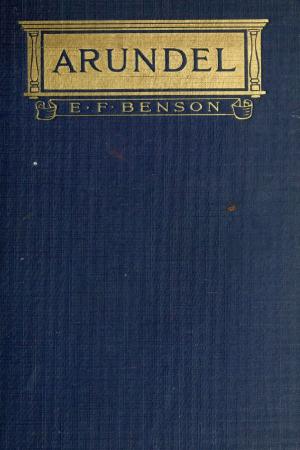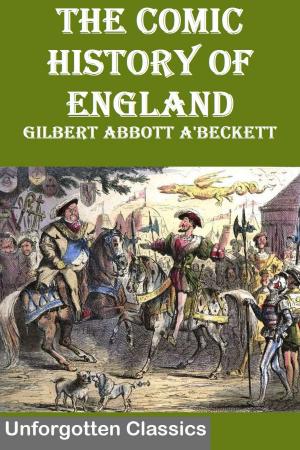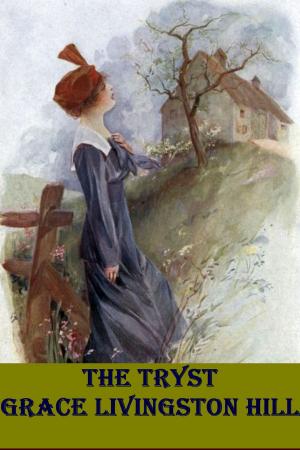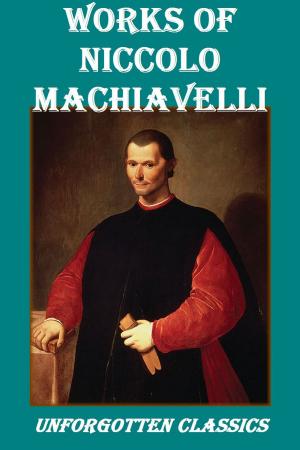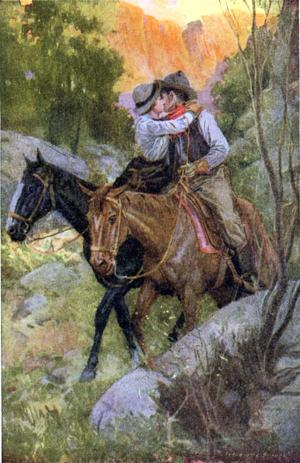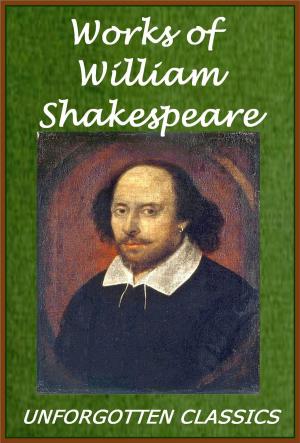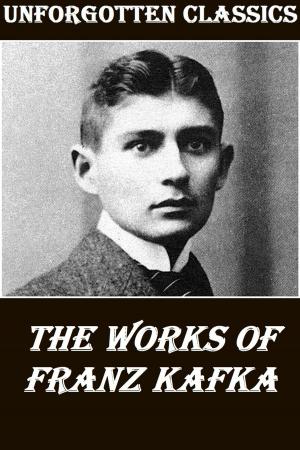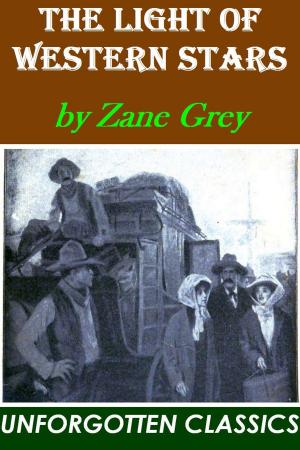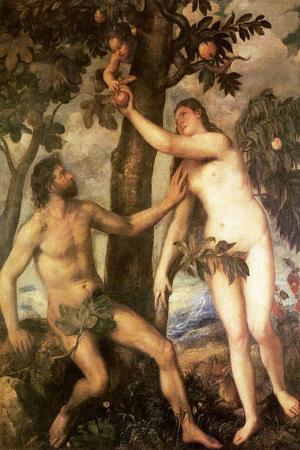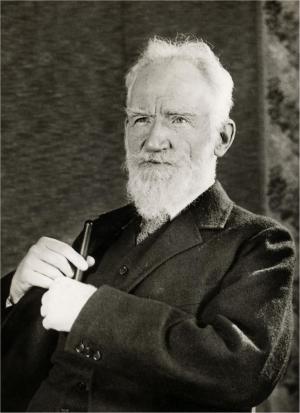| Author: | Miguel de Cervantes Saavedra | ISBN: | 1230000250717 |
| Publisher: | Liongate Press | Publication: | July 8, 2014 |
| Imprint: | Language: | English |
| Author: | Miguel de Cervantes Saavedra |
| ISBN: | 1230000250717 |
| Publisher: | Liongate Press |
| Publication: | July 8, 2014 |
| Imprint: | |
| Language: | English |
The most trivial act of the daily life of some men has a unique interest, independent of idle curiosity, which dissatisfies us with the meagre food of date, place, and pedigree. So in the "Cartas de Indias" was published, two years ago, in Spain, a facsimile letter from Cervantes when tax-gatherer to Philip II., informing him of the efforts he had made to collect the taxes in certain Andalusian villages.
It is difficult, from the slight social record that we have of Cervantes, to draw the line where imagination begins and facts end.
Miguel de Cervantes Saavedra, the contemporary of Shakspeare, Galileo, Camoens, Rubens, Tasso, and Lope de Vega, was born obscurely and in poverty, but with good antecedents. His grandfather, Juan de Cervantes, was the corregidor, or mayor, of Ossuna, and our poet was the youngest son of Rodrigo and Leonora de Cortiños, of the Barajas family. On either side he belonged to illustrious houses. He speaks of his birthplace as the "famous Henares,"—"Alcala de Henares," sometimes called Alcala de San Justo, from the saint San Justo having there suffered martyrdom under the traitor Daciamos. The town is beautifully situated on the borders of the Henares River, two thousand feet above the level of the sea.
The most trivial act of the daily life of some men has a unique interest, independent of idle curiosity, which dissatisfies us with the meagre food of date, place, and pedigree. So in the "Cartas de Indias" was published, two years ago, in Spain, a facsimile letter from Cervantes when tax-gatherer to Philip II., informing him of the efforts he had made to collect the taxes in certain Andalusian villages.
It is difficult, from the slight social record that we have of Cervantes, to draw the line where imagination begins and facts end.
Miguel de Cervantes Saavedra, the contemporary of Shakspeare, Galileo, Camoens, Rubens, Tasso, and Lope de Vega, was born obscurely and in poverty, but with good antecedents. His grandfather, Juan de Cervantes, was the corregidor, or mayor, of Ossuna, and our poet was the youngest son of Rodrigo and Leonora de Cortiños, of the Barajas family. On either side he belonged to illustrious houses. He speaks of his birthplace as the "famous Henares,"—"Alcala de Henares," sometimes called Alcala de San Justo, from the saint San Justo having there suffered martyrdom under the traitor Daciamos. The town is beautifully situated on the borders of the Henares River, two thousand feet above the level of the sea.

